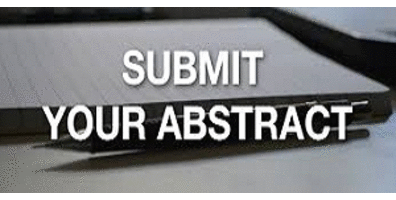
Xingming Deng
Professor
Emory University
USA
Biography
Xingming Deng is a Professor of Cancer Biology in Department of Radiation Oncology at Emory University School of Medicine, Endowed Chair for Cancer Research in Emory University, and Director of Discovery Theme in Developmental Therapeutics Program, Winship Cancer Institute of Emory University, USA. Dr. Deng’s major research interests are to uncover cell death mechanisms, especially Bcl2 family, to investigate molecular and signaling mechanisms of DNA repair, DNA replication stress, genomic instability and carcinogenesis, and to develop novel small molecule anti-cancer agents and new therapeutic strategies for cancer therapy by targeting apoptosis and DNA repair signaling pathways. He has published almost 100 peer-reviewed scientific publications, including high impact Journals (i.e. Molecular Cell, Cancer Cell, Nature Communications, JCI, etc.), and is a named inventor of 4 issued U.S patents for new anticancer drug discovery. Dr. Deng has served on national and international grant review panels, the editorial board for journals and is frequently invited to serve as reviewer for biomedical journals (i.e. Science, JCI, Cancer Research, etc.).
Research Interest
Deng's major research interests are to uncover cell death mechanisms, especially Bcl2 family, to investigate molecular and signaling mechanisms of DNA repair, DNA replication stress, genomic instability and carcinogenesis, to study signaling mechanisms of tumor invasion/metastasis, to develop novel small molecule anti-cancer agents and new therapeutic strategies for cancer therapy by targeting apoptosis and DNA repair signaling pathways, and to target novel signal mechanisms of PD-1 and PD-L1 for immunotherapy. Additionally, he is also studying environmental carcinogenesis, specifically mechanisms of tobacco smoke- or space radiation-induced DNA damage, genomic instability and carcinogenesis at the cellular, molecular and animal levels.

